if “Hello” in my_string:
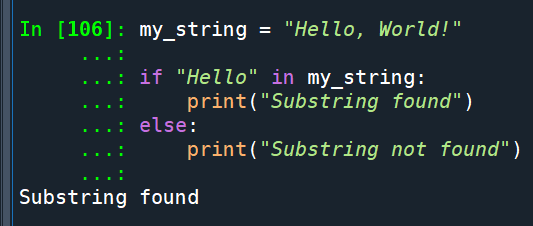
if my_string.find(“World”) != -1:
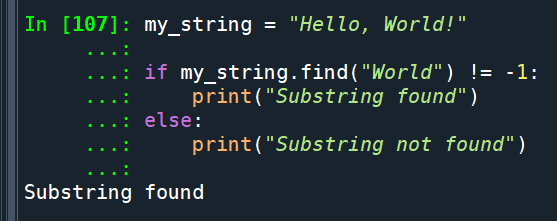
str.find() 若搜尋不到
會return -1

str.endswith()
#不要漏掉s

判斷fpath的附檔名
非常好用
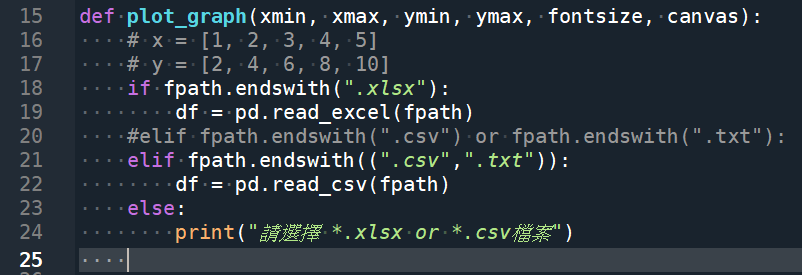
elif fpath.endswith((“.csv”,”.txt”)):
the endswith() method in Python supports passing a tuple of suffixes, so fpath.endswith((".csv", ".txt")) will work as expected. It will check if fpath ends with either “.csv” or “.txt”.
但如果使用in的話,
tuple則非我們預期的結果
if ("Hello", "World") in my_string will not work as intended because it is checking if the tuple ("Hello", "World") exists as a whole in the string my_string.
str.startswith()
#不要漏掉s
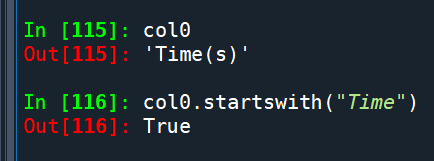
用str.find()實做:
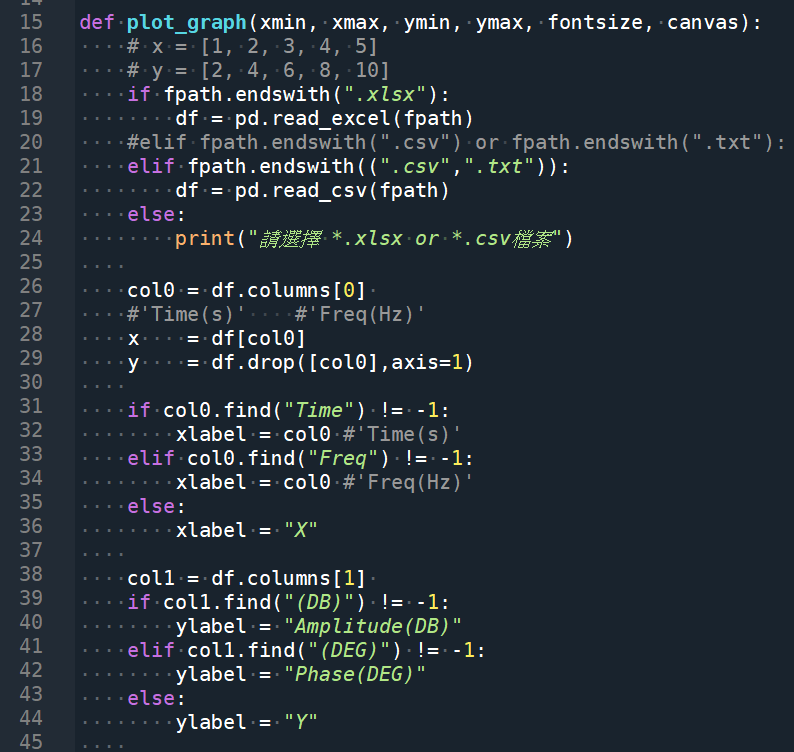
.startswith()
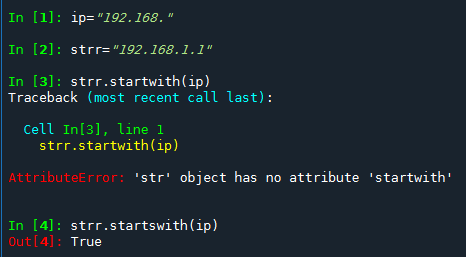
.endswith(ext)
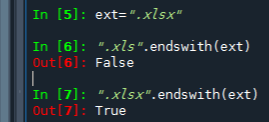
推薦hahow線上學習python: https://igrape.net/30afN


![Python, typing: 函數庫規格標註; def addTest(x:float, y:float) -> float: List[資料型態] Set[資料型態] Tuple[資料型態] Dict[str,value的資料型態] Union[資料型態1, 資料型態2] ,函式若有多個輸出值,其實是輸出一個tuple Python, typing: 函數庫規格標註; def addTest(x:float, y:float) -> float: List[資料型態] Set[資料型態] Tuple[資料型態] Dict[str,value的資料型態] Union[資料型態1, 資料型態2] ,函式若有多個輸出值,其實是輸出一個tuple](https://i1.wp.com/savingking.com.tw/wp-content/uploads/2022/09/20220907154601_86.png?quality=90&zoom=2&ssl=1&resize=350%2C233)




![Python: 如何使用pandas.to_numeric ( df[‘numbers’], errors=’coerce’) 將非數值型資料轉為NaN? df[‘numbers’].describe() 簡述統計資料 Python: 如何使用pandas.to_numeric ( df[‘numbers’], errors=’coerce’) 將非數值型資料轉為NaN? df[‘numbers’].describe() 簡述統計資料](https://i2.wp.com/savingking.com.tw/wp-content/uploads/2024/05/20240501052102_0.png?quality=90&zoom=2&ssl=1&resize=350%2C233)


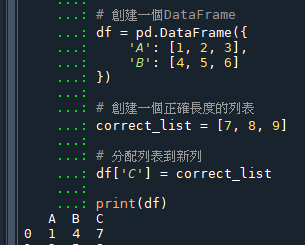
![Python: Regular Expression 正規表示法 正則表達式 import re ; pattn = "[d]{4}/[01][d]/[0123][d] [d]{6}" ; match = re .search (pattn,text) .group() - 儲蓄保險王](https://savingking.com.tw/wp-content/uploads/2022/09/20220901154435_19-520x245.png)

近期留言